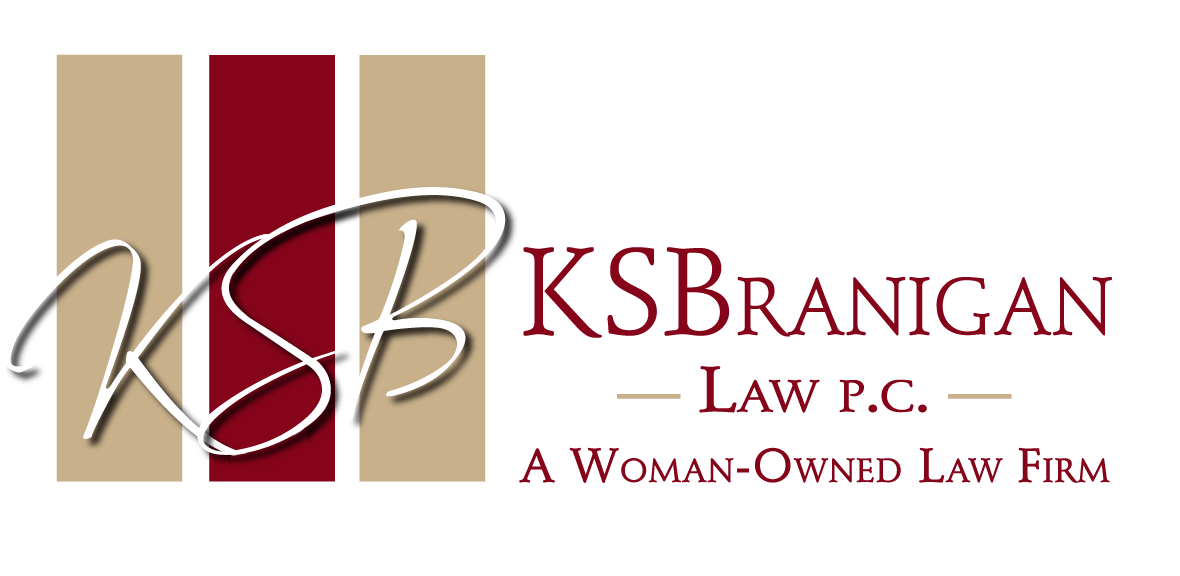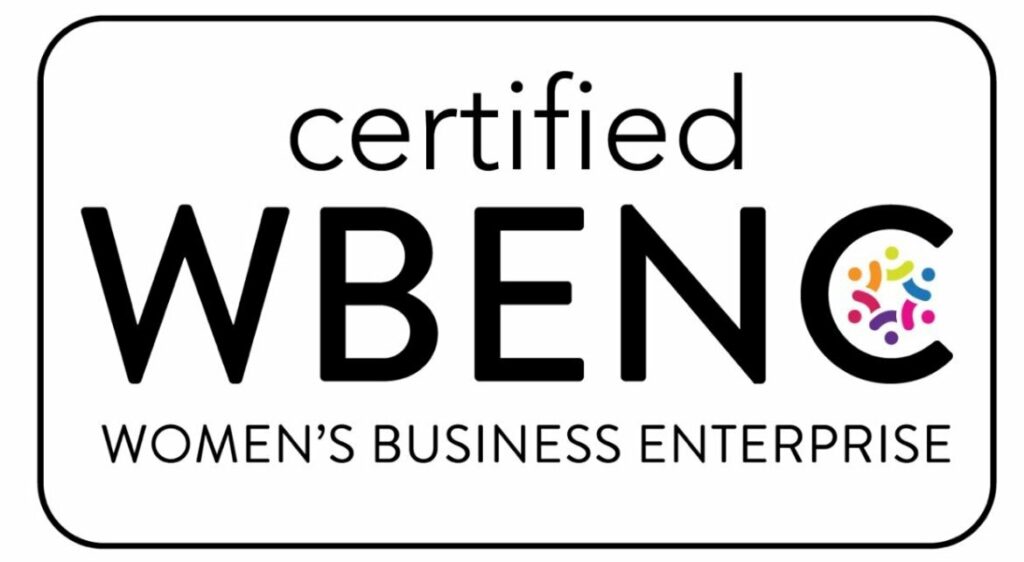On December 16, 2020, as the first round of COVID-19 vaccinations rolled out to health care providers, the Equal Employment Opportunity Commission (EEOC) expanded its Technical Guidance to Employers entitled What You Should Know About COVID-19 and the ADA, the Rehabilitation Act, and Other EEO Laws (Guidance), first published in March 2020. Specifically, the expanded Guidance includes new sections that primarily deal with how the administration of vaccines and pre-screening questions interacts with the Americans with Disabilities Act (ADA), Title VII, and the Genetic Information Nondiscrimination Act (GINA). A few takeaways from the Guidance are as follows:
-
The administration of a COVID-19 vaccine to an employee by an employer is not considered a “medical examination” for purposes of the ADA since the employer is not seeking information about the employee’s disability or health status.
-
Because pre-screening vaccination questions may elicit information about a disability or health condition, an employer must show that pre-screening questions are “job-related and consistent with business necessity” as required under the ADA. To meet this standard, an employer would need to have a reasonable belief, that an employee who does not answer the questions (and, therefore, forgoes vaccination) will pose a direct threat to the health or safety of themselves or others in the workplace.
-
Pre-screening questions relating to disability or health status can be asked if: (1) an employer has offered a vaccination to an employee on a voluntary basis and, therefore, the employee’s decision to answer pre-screening, disability-related questions is also voluntary (as required by the ADA); or (2) a third party (i.e., a pharmacy or health care provider) administering the vaccine does not have a contract with the employer.
-
Asking or requiring an employee to provide proof of a COVID-19 vaccination is not a disability-related inquiry. However, follow-up questions asking why an individual did not receive a vaccination may elicit medical information and would be subject to the standard of “job-related and consistent with business necessity.”
-
An employer may institute a vaccination requirement but may need to provide an employee with a reasonable accommodation based on disability issues or a sincerely held religious belief, observance, or practice.
-
If an employee indicates that the employee cannot fulfill a mandatory vaccination requirement because of a disability-related issue, an employer must conduct an individualized assessment of the following four factors in determining whether an unvaccinated employee poses a direct threat and a significant risk of substantial harm to the health and safety of the workplace: (1) the duration of the risk; (2) the nature and severity of the potential harm; (3) the likelihood that the potential harm will occur; and (4) the imminence of the potential harm. If a determination is made that an unvaccinated employee will expose others to the virus at the worksite, then the unvaccinated employee would be considered a direct threat.
-
If an employee indicates that they cannot fulfill a mandatory vaccination requirement because of a sincerely held religious belief, practice, or observance, the employer must provide a reasonable accommodation unless doing so creates an undue hardship (i.e., having more than a de minimis cost or burden on the employer). Because the definition of a “religion” is broad and protects beliefs, practices, and observances with which the employer may be unfamiliar, the employer should assume that the request is based on a sincerely held religious belief. However, if an employer has an objective basis for questioning either the religious nature or the sincerity of a particular belief, practice, or observance, the employer may request additional supporting information.
-
If an employer institutes a mandatory vaccination requirement and an employee cannot obtain a vaccination for COVID-19 because of a disability or sincerely held religious belief, and there is no reasonable accommodation possible (i.e., remote work), it would be lawful for the employer to exclude the employee from the workplace.
-
However, an employer may not automatically terminate an employee who is unable to be vaccinated due to a disability or a religious belief and poses a direct threat to the workplace without determining whether any other rights apply under the EEO laws or other federal, state, and local authorities.
-
An employer does not violate GINA by administering a COVID-19 vaccination to an employee or requiring an employee to provide proof of a COVID-19 vaccination because it does not involve the use of genetic information to make an employment decision, or the acquisition or disclosure of genetic information.
-
If pre-vaccination medical screening questions elicit information about genetic information (i.e., family medical history), such questions may violate GINA. In such situations, an employer requiring vaccinations may want to require proof of vaccination by the employee’s health care provider in lieu of the employer administering the vaccine itself.
As the COVID-19 pandemic evolves, employers and employees continue to deal with unprecedented issues. Legal counsel should be consulted to help navigate these challenging issues and fast-changing requirements to help clients review the most current guidance provided by public health authorities and civil rights agencies.
To review the EEOC Guidance in full, click here.
This summary is for informational purposes only and is not intended to constitute legal advice. This information should not be reused without permission.


